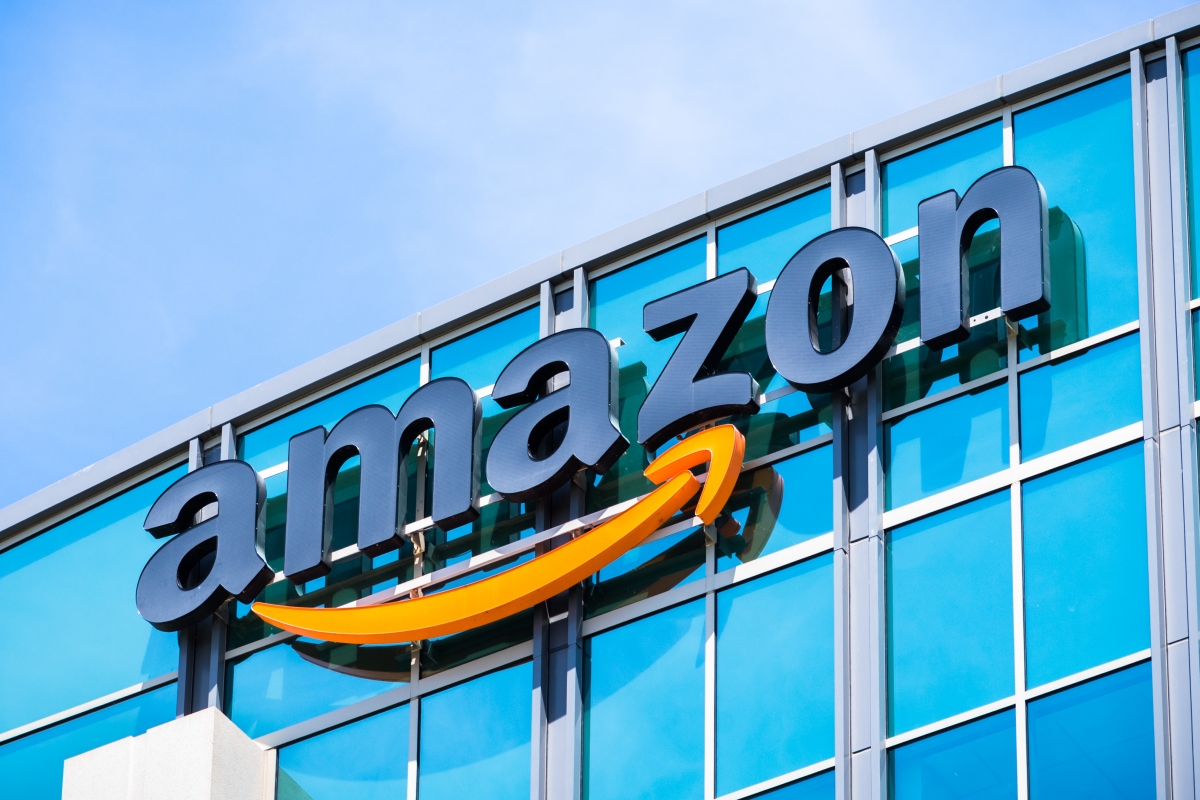In brief: In what is bad news for Amazon, a federal appeals court has ruled that the online retailer can be held liable for defective products sold by third-party sellers.

In addition to selling its own items, nearly half the goods sold on Amazon come from third-party vendors on its marketplace. As noted by Reuters, vendors can store their products in Amazon’s warehouses or ship them directly to customers. The company takes a cut of the sales, and it earned about $11 billion in revenue from services provided to third-party sellers during the last quarter.
Back in 2014, Pennsylvania resident Heather Oberdorf purchased a dog collar on Amazon from a third-party vendor called The Furry Gang. The collar broke a year later when she was walking her dog, and the retractable leash flew back and hit her in the face, breaking her glasses and leaving her permanently blind in one eye.
Nobody from The Furry Gang could be contacted, and Oberdorf sued Amazon in 2016 for negligence, breach of warranty, and misrepresentation. A district court ruled that Amazon was not liable because it wasn’t a seller, and was protected from liability by the Communications Decency Act.
Oberdorf appealed the decision, and the appeals court has just found that Amazon was liable, partly because it “enables third-party vendors to conceal themselves from the customer, leaving customers injured by defective products with no direct recourse to the third-party vendor.”
Oberdorf’s lawyer said: “It’s gratifying that the 3rd Circuit agreed with our argument and recognized that the existing interpretation of product liability law in Pennsylvania was not addressing the reality, the dominance that Amazon has in the marketplace.”
Amazon, which is expected to appeal the ruling, has not commented on the case.
https://www.techspot.com/news/80803-appeals-court-rules-amazon-liable-third-party-goods.html